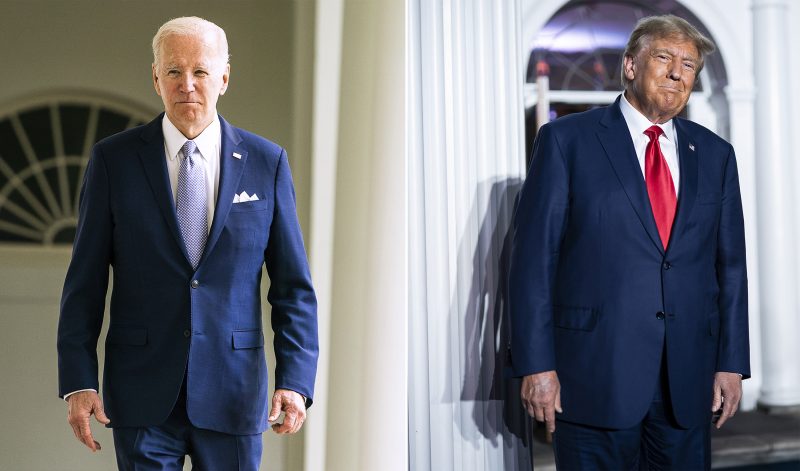Sure, here is a unique article based on the provided reference link:
In the world of politics, few events stir up as much anticipation and speculation as a general election. As citizens gear up to cast their votes and determine the direction of their country, campaigns ramp up, debates ensue, and the air is thick with tension and excitement. The general election is a crucial moment in any democracy, where the will of the people is put to the test and the fate of the nation hangs in the balance.
One of the defining features of a general election is the negativity that often pervades the atmosphere. In the heat of the campaign, political parties and candidates are quick to highlight the shortcomings and failures of their opponents, painting them in the worst possible light to sway voters in their favor. Negative campaigning has become a common strategy, with attack ads and smear tactics employed to undermine the credibility and trustworthiness of rival candidates.
While negative campaigning may leave a sour taste in the mouths of voters, it is undeniably consequential. Research has shown that negative ads can be effective in shaping public opinion and influencing voter behavior. By focusing on the weaknesses and vulnerabilities of their opponents, candidates can shift the narrative in their favor and capitalise on any missteps or scandals that may have tarnished their opponent’s reputation.
However, the impact of negative campaigning is not limited to the candidates themselves. It can also have broader repercussions for the political landscape as a whole. A relentless focus on the flaws and failings of individual candidates can erode public trust in the political system and contribute to a sense of disillusionment and apathy among voters. When the discourse becomes increasingly toxic and divisive, it can be difficult to see beyond the negativity and engage in constructive dialogue on the issues that truly matter.
Despite the challenges posed by negative campaigning, the general election remains a vital opportunity for citizens to exercise their democratic rights and shape the future of their nation. It is a time for reflection, debate, and decision-making, as voters weigh the competing visions and promises put forth by the various political parties. While the road to Election Day may be long and arduous, it is ultimately a test of resilience and resolve for both candidates and voters alike.
In the end, the general election is a testament to the power of democracy and the enduring belief that every voice matters. As the campaign unfolds and the rhetoric heats up, it is important to remember the principles of transparency, accountability, and integrity that underpin a healthy democracy. By staying informed, engaged, and critical in our thinking, we can navigate the noise and negativity of the election season and make informed choices that reflect our values and aspirations for the future.
In conclusion, the general election is a pivotal moment in the life of a nation, where the stakes are high and the outcomes are far-reaching. It is a time for citizens to come together, debate passionately, and ultimately decide the path their country will take. While negative campaigning may loom large in the lead-up to Election Day, it is up to each voter to cut through the noise, separate fact from fiction, and make a choice that aligns with their beliefs and hopes for a better tomorrow.

